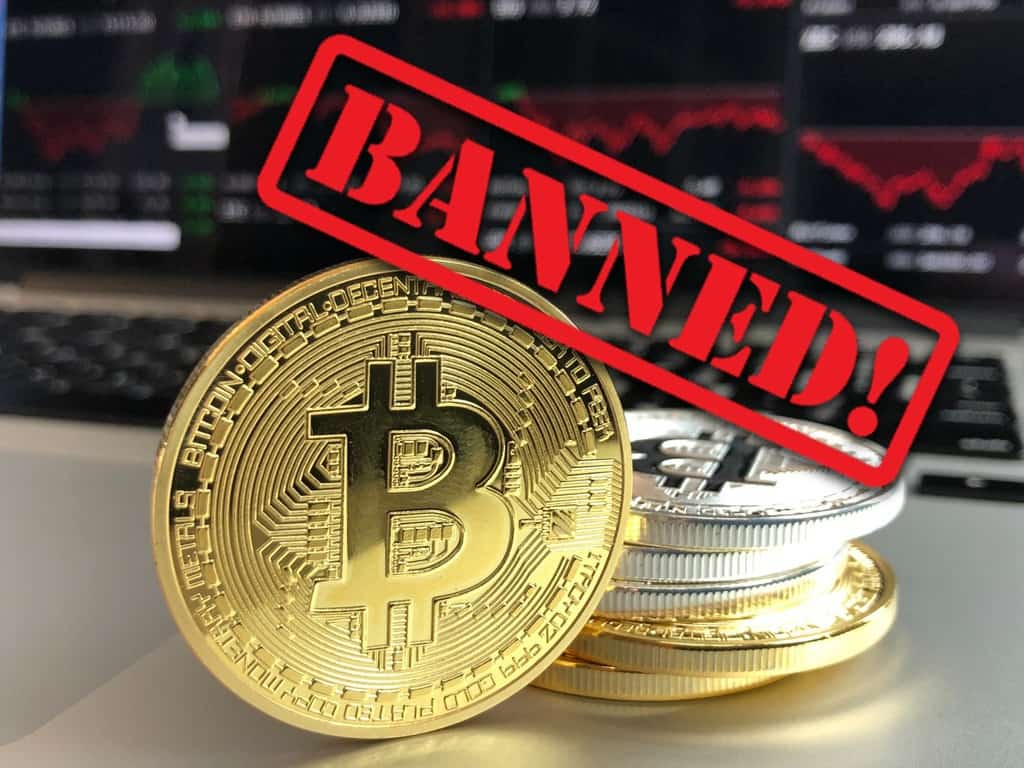If you think you’ve already heard everything from the financial world, start to reconsider your certainty because Thailand’s government has recently issued one of the most controversial decisions in history by imposing a ban on cryptocurrency as a form of payment. However, it’s important to note that transactions involving cryptocurrencies remain legal, including their use at Bitcoin casinos. In this article, we will explore Thailand’s new crypto policy, and its implications for the people, and shed light on the continued options available for cryptocurrency use in online transactions.
The Thai Government’s Ban On Cryptocurrencies
While most foreign governments are working to incorporate cryptocurrencies into the existing forms of payment, Thailand is swimming against the tide with its ban on cryptocurrencies, into effect in April 2022. But the incredible side of the story is still another. After all, there’s nothing reprehensible if a country stands out for an unconventional decision. The stunning thing about Thailand’s ban is that cryptocurrencies remain legal, including their use as a payment at bitcoin casinos and sportsbook sites. As you can see, there’s plenty of confusion about the use of cryptocurrencies, which may lead Thai casino players, vendors, and customers who use cryptocurrencies for their transactions to unwilling law infringement.
Let’s dive into the Thai scenario and shed light on its unique ban on crypto money.
What’s Behind The Ban?
As the Thai government revealed, the ban issued by the SEC (Securities and Exchange Commission) is meant to keep stability in financial markets. The ban is effective on all crypto money, from Bitcoin to Ethereum. The consequences on Thai consumers include several aspects. First, they cannot buy goods or pay for services with digital money. This meant that all Thai digital assets operators had to suspend their services by the end of April. Despite this severe halt to cryptocurrency payment operators, trading assets for investments could continue.
Digital Assets In Thailand
The goal of the SEC is to control and regulate the use of cryptocurrencies to identify its risks and benefits in Thailand’s financial arena. The major risks emerge in the losses due to crypto’s price volatility, money laundering, and cyber attacks.
Recently, Thailand’s central bank spotted a growing trend among Thai customers: the use of digital assets as payment forms. This trend is spreading in the country, generating concerns about the risks involved. In December 2021, the Mall Group, one of the largest retail companies in the country, decided to install digital asset payment devices in its shops. Soon after, a real estate company, the CP group, started to accept digital assets as a payment form for selling its properties.
It won’t shock you that at least 31% of Thais own digital assets, as revealed by the German market intelligence and research company Statista. Also, Thailand is second only to Nigeria among 56 countries.
Latest News About Thailand’s Crypto Policy
Let’s jump into the present day. Everybody who lives or resides in Thailand for up to 180 days will be subject to income tax on foreign assets, including digital money, as a report issued on September 19, 2023, on the Bangkok Post says. Also, the new crypto policy will come into effect starting on January 1, 2024.
The previous regulation imposed taxation only on foreign income remitted to Thailand within the same year of earnings. But now things are changing, as the new rule fixed the loophole and imposed all individuals to declare any income generated overseas, including any that won’t flow in the Thai economy circuit. This controversial logic required Finance Ministry officials to explain it better: the idea is that everybody must pay tax on income earned abroad, regardless of how much money it is and the tax year in which it was earned.
This policy targets residents trading in foreign stock markets and crypto traders.




